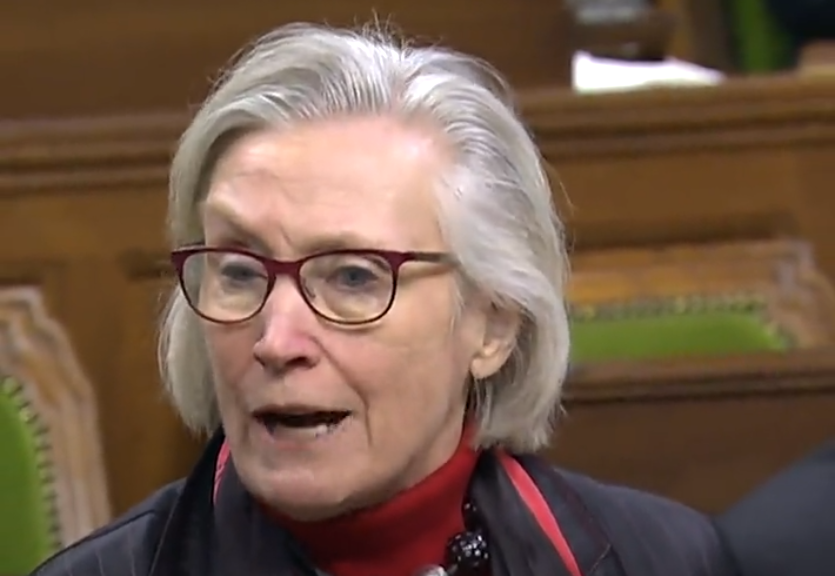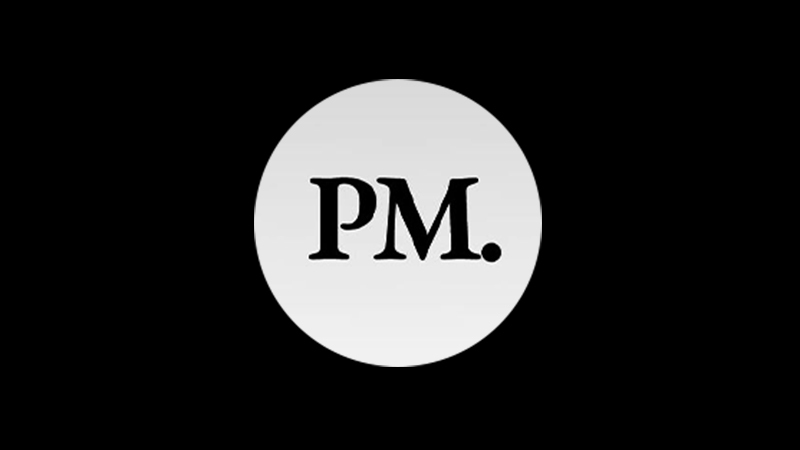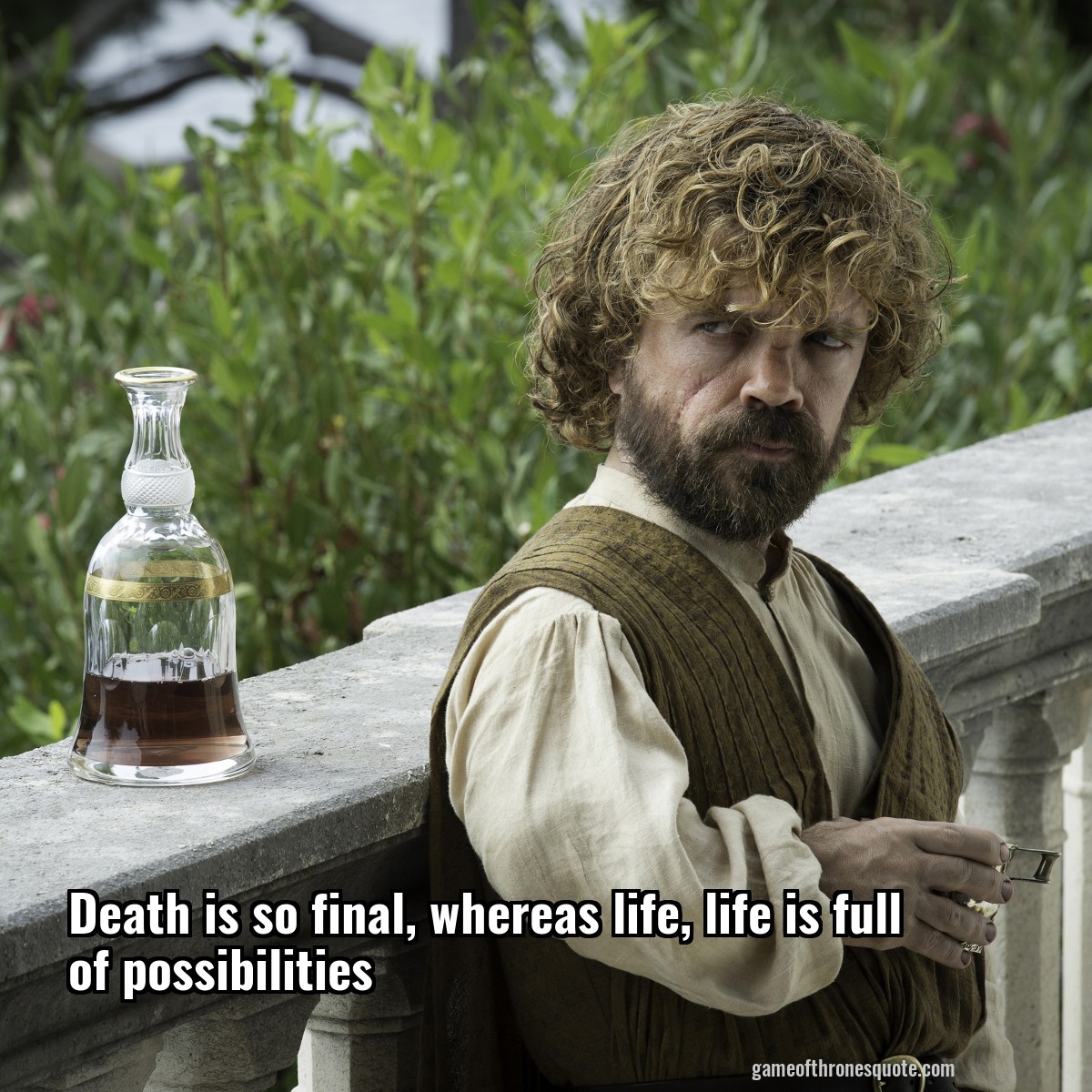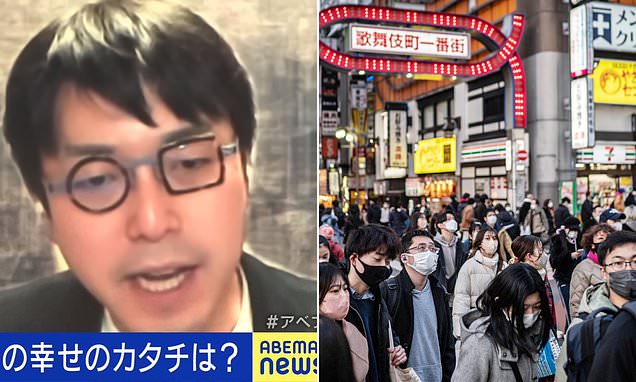A Yale Professor Suggested Mass Suicide for Old People in Japan. What Did He Mean?
Yusuke Narita says he is mainly addressing a growing effort to revamp Japan’s age-based hierarchies. Still, he has pushed the country’s hottest button.
Yusuke Narita, wearing his signature eyeglasses with one round and one square lens. He said his comments about mass suicide and the elderly had been “taken out of context.”
Credit... Bea Oyster for The New York Times
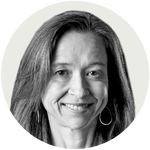
 By Motoko Rich and Hikari Hida
By Motoko Rich and Hikari Hida
Reporting from Tokyo
Feb. 12, 2023
His pronouncements could hardly sound more drastic.
In interviews and public appearances, Yusuke Narita, an assistant professor of economics at Yale, has taken on the question of how to deal with
the burdens of Japan’s rapidly aging society.
“I feel like the only solution is pretty clear,” he said during one
online news program in late 2021. “In the end, isn’t it mass suicide and mass ‘seppuku’ of the elderly?” Seppuku is an act of ritual disembowelment that was a code among dishonored samurai in the 19th century.
Last year, when asked by a school-age boy to elaborate on his mass seppuku theories, Dr. Narita graphically described to a group of assembled students a scene from “Midsommar,” a 2019 horror film in which a Swedish cult sends one of its oldest members to commit suicide by jumping off a cliff.
“Whether that’s a good thing or not, that’s a more difficult question to answer,” Dr. Narita told the questioner as he assiduously scribbled notes. “So if you think that’s good, then maybe you can work hard toward creating a society like that.”
At other times, he has broached the topic of euthanasia. “The possibility of making it mandatory in the future,” he said in one interview, will “come up in discussion.”
Dr. Narita, 37, said that his statements had been “taken out of context,” and that he was mainly addressing a growing effort to
push the most senior people out of leadership positions in business and politics — to make room for younger generations. Nevertheless, with his comments on euthanasia and social security, he has pushed the hottest button in Japan.
A nursing home in Japan. The country is grappling with growing numbers of older people who suffer from dementia or die alone.
Credit... Ko Sasaki for The New York Times
While he is virtually unknown even in academic circles in the United States, his extreme positions have helped him gain
hundreds of thousands of followers on social media in Japan among frustrated youths who believe their economic progress has been held back by a gerontocratic society.
Appearing frequently on Japanese online shows in T-shirts, hoodies or casual jackets, and wearing signature eyeglasses with one round and one square lens, Dr. Narita leans into his Ivy League pedigree as he fosters a nerdy shock jock impression. He is among a few Japanese provocateurs who have found an eager audience by gleefully breaching social taboos. His
Twitter bio: “The things you’re told you’re not allowed to say are usually true.”
Last month, several commenters discovered Dr. Narita’s remarks and began spreading them on social media. During a panel discussion on a respected internet talk show with scholars and journalists, Yuki Honda, a University of Tokyo sociologist, described his comments as “hatred toward the vulnerable.”
A growing group of critics warn that Dr. Narita’s popularity could unduly sway public policy and social norms. Given Japan’s
low birthrate and the
highest public debt in the developed world, policymakers increasingly worry about how to fund Japan’s expanding pension obligations. The country is also grappling with growing numbers of older people who suffer from dementia or
die alone.
In written answers to emailed questions, Dr. Narita said he was “primarily concerned with the phenomenon in Japan, where the same tycoons continue to dominate the worlds of politics, traditional industries, and media/entertainment/journalism for many years.”
The phrases “mass suicide” and “mass seppuku,” he wrote, were “an abstract metaphor.”
“I should have been more careful about their potential negative connotations,” he added. “After some self-reflection, I stopped using the words last year.”
A book by Dr. Narita that is being translated into English.Credit...
Bea Oyster for The New York Times
His detractors say his repeated remarks on the subject have already spread dangerous ideas.
“It’s irresponsible,” said Masaki Kubota, a journalist who has
written about Dr. Narita. People panicking about the burdens of an aging society “might think, ‘Oh, my grandparents are the ones who are living longer,’” Mr. Kubota said, “‘and we should just get rid of them.’”
Masato Fujisaki, a columnist, argued in
Newsweek Japan that the professor’s remarks “should not be easily taken as a ‘metaphor.’” Dr. Narita’s fans, Mr. Fujisaki said, are people “who think that old people should just die already and social welfare should be cut.”
Despite a culture of deference to older generations, ideas about culling them have surfaced in Japan before. A decade ago, Taro Aso — the finance minister at the time and now a power broker in the governing Liberal Democratic Party — suggested that old people should “
hurry up and die.”
Last year, “
Plan 75,” a dystopian movie by the Japanese filmmaker Chie Hayakawa, imagined cheerful salespeople wooing retirees into government-sponsored euthanasia. In Japanese folklore, families carry older relatives to the top of mountains or remote corners of forests and leave them to die.
Dr. Narita’s language, particularly when he has mentioned “mass suicide,” arouses historical sensitivities in a country where young men were sent to their deaths as kamikaze pilots during World War II and Japanese soldiers ordered thousands of families in Okinawa to commit suicide rather than surrender.
Critics worry that his comments could summon the kinds of sentiments that led Japan to pass a eugenics law in 1948, under which
doctors forcibly sterilized thousands of people with intellectual disabilities, mental illness or genetic disorders. In 2016, a
man who believed those with disabilities should be euthanized murdered 19 people at a care home outside Tokyo.
In his day job, Dr. Narita conducts
technical research of computerized algorithms used in education and health care policy. But as a regular presence across numerous internet platforms and on television in Japan, he has grown increasingly popular, appearing on magazine covers, comedy shows and in an advertisement for energy drinks. He has even spawned an
imitator on TikTok.
He often appears with Gen X rabble-rousers like
Hiroyuki Nishimura, a celebrity entrepreneur and owner of 4chan, the online message board where some of the internet’s most toxic ideas bloom, and
Takafumi Horie, a trash-talking entrepreneur who once went to prison for securities fraud.
Hiroyuki Nishimura, center, who owns 4chan. He and Mr. Narita are part of a handful of Japanese provocateurs who seem to enjoy breaching social taboos.
Credit... Ko Sasaki for The New York Times
At times, he has pushed the boundaries of taste. At a
panel hosted by Globis, a Japanese graduate business school, Dr. Narita told the audience that “if this can become a Japanese society where people like you all commit seppuku one after another, it wouldn’t be just a social security policy but it would be the best ‘Cool Japan’ policy.” Cool Japan is a government program promoting the country’s cultural products.
Shocking or not, some lawmakers say Dr. Narita’s ideas are opening the door to much-needed political conversations about pension reform and changes to social welfare. “There is criticism that older people are receiving too much pension money and the young people are supporting all the old people, even those who are wealthy,” said Shun Otokita, 39, a member of the upper house of Parliament with Nippon Ishin no Kai, a right-leaning party.
But detractors say Dr. Narita highlights the burdens of an aging population without suggesting realistic policies that could alleviate some of the pressures.
“He’s not focusing on helpful strategies such as
better access to day care or
broader inclusion of women in the work force or
broader inclusion of immigrants,” said
Alexis Dudden, a historian at the University of Connecticut who studies modern Japan. “Things that might actually invigorate Japanese society.”
In broaching euthanasia, Dr. Narita has spoken publicly of his mother, who had an aneurysm when he was 19. In an interview with a website where families can search for nursing homes, Dr. Narita described how even with insurance and government financing, his mother’s care cost him 100,000 yen — or about $760 — a month.
Dr. Narita at home in New Haven, Conn. His extreme positions have helped him gain hundreds of thousands of followers on social media in Japan. Credit... Bea Oyster for The New York Times
Some surveys in Japan have indicated that a majority of the public supports legalizing voluntary euthanasia. But Mr. Narita’s reference to a mandatory practice spooks ethicists. Currently, every country that has legalized the practice only “allows it if the person wants it themselves,” said Fumika Yamamoto, a professor of philosophy at Tokyo City University.
In his emailed responses, Dr. Narita said that “euthanasia (either voluntary or involuntary) is a complex, nuanced issue.”
“I am not advocating its introduction,” he added. “I predict it to be more broadly discussed.”
At Yale, Dr. Narita sticks to courses on probability, statistics, econometrics and education and labor economics.
Neither Tony Smith, the department chair in economics, nor a spokesperson for Yale replied to requests for comment.
Josh Angrist,
who has won the Nobel in economic science and was one of Dr. Narita’s doctoral supervisors at the Massachusetts Institute of Technology, said his former student was a “talented scholar” with an “offbeat sense of humor.”
“I would like to see Yusuke continue a very promising career as a scholar,” Dr. Angrist said. “So my main concern in a case like his is that he’s being distracted by other things, and that’s kind of a shame.”
Motoko Rich is the Tokyo bureau chief, where she covers Japanese politics, society, gender and the arts, as well as news and features on the Korean peninsula. She has covered a broad range of beats at The Times, including real estate, the economy, books and education. @motokorich • Facebook
Hikari Hida reports from the Tokyo bureau, where she covers news and features in Japan. She joined The Times in 2020. @hikarimaehida
